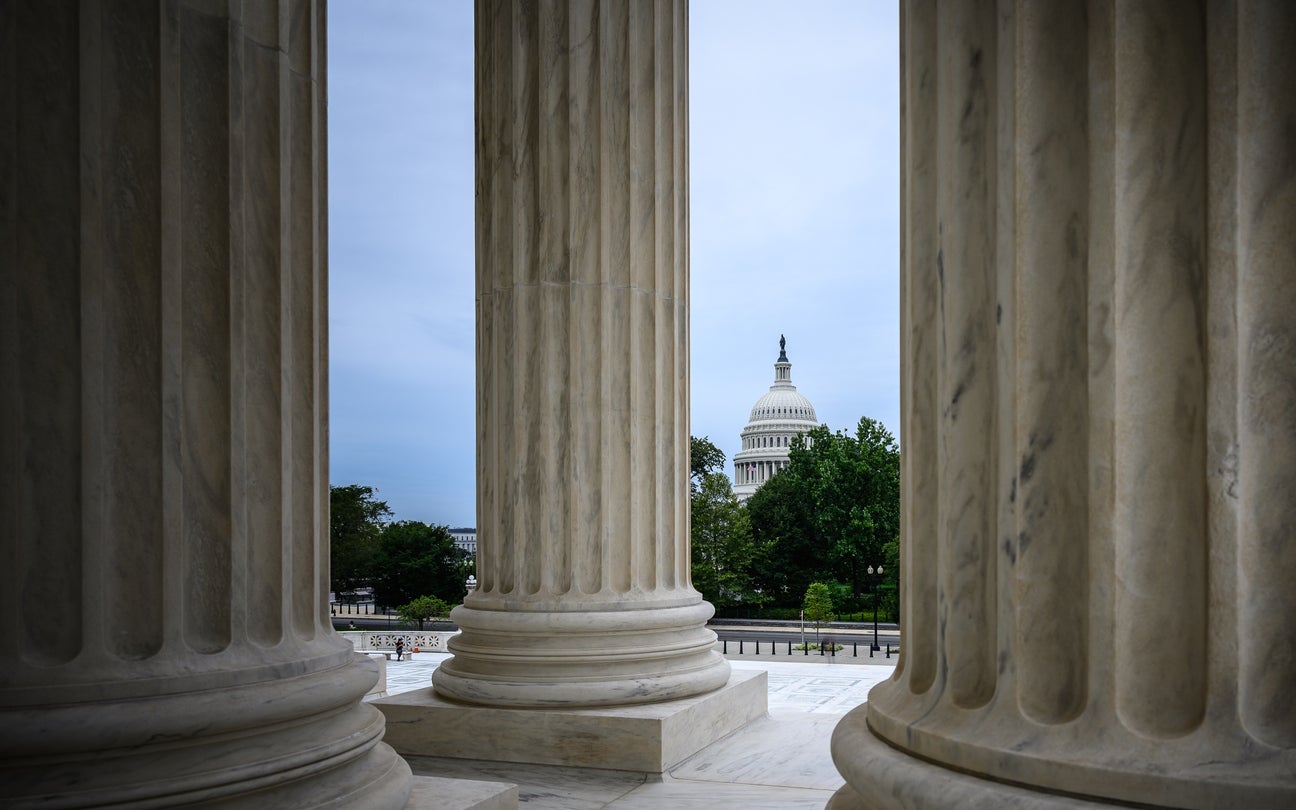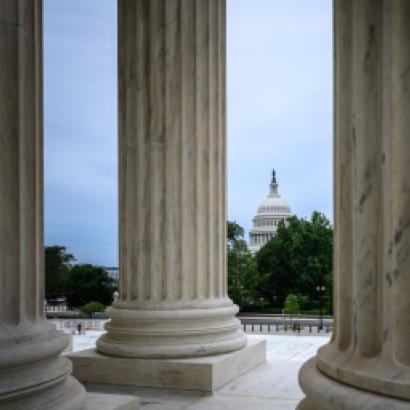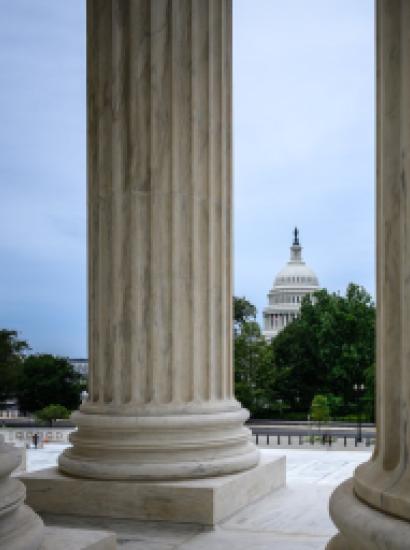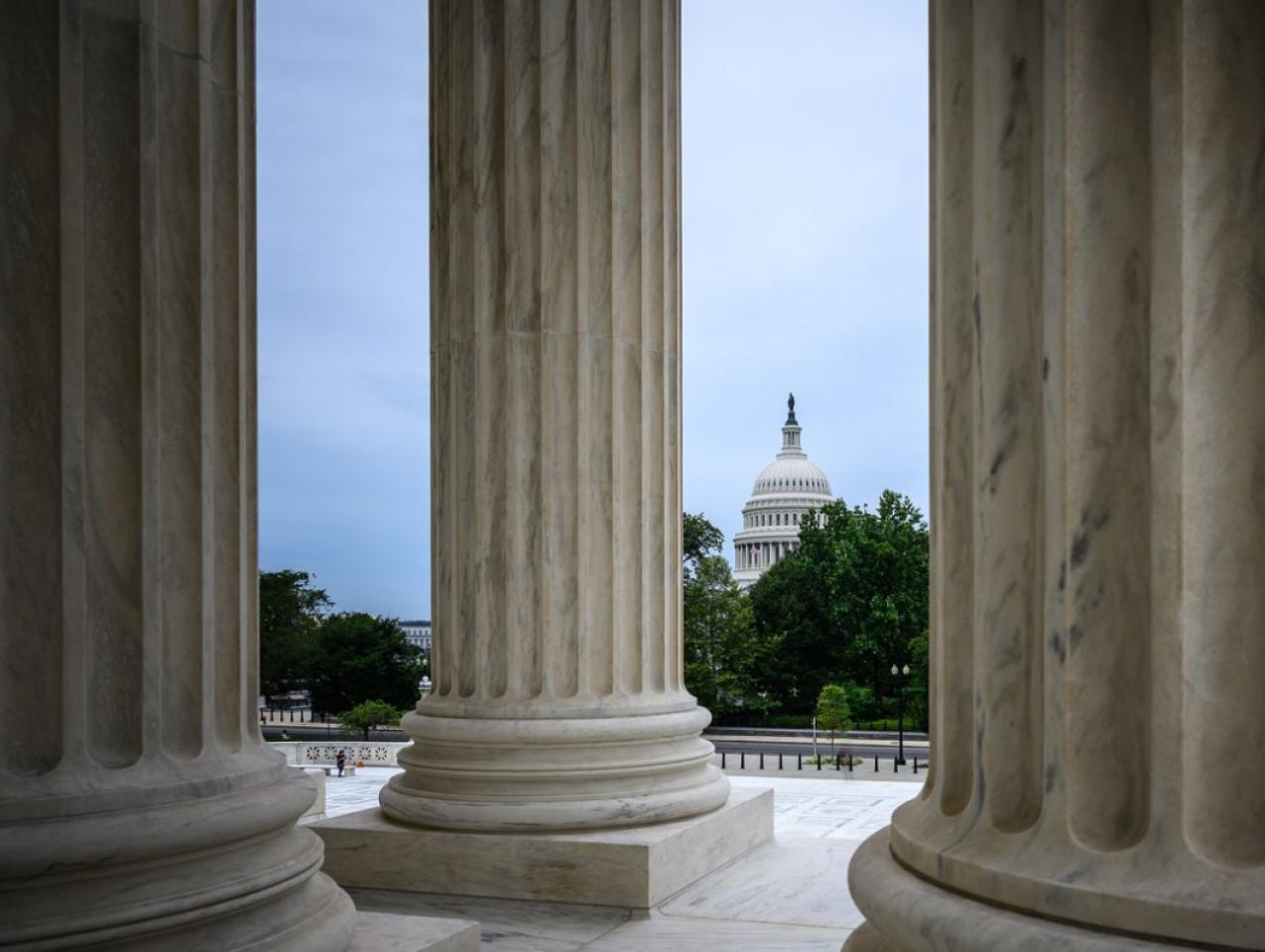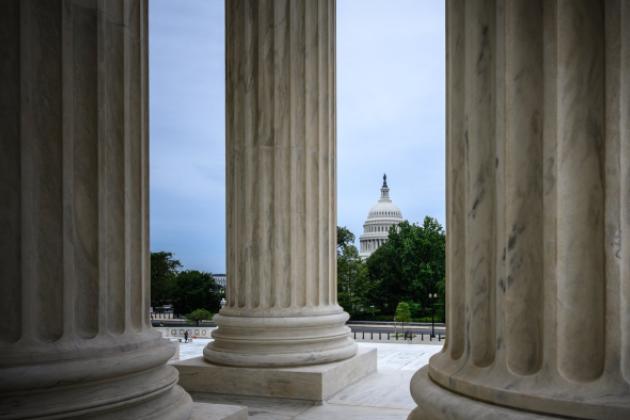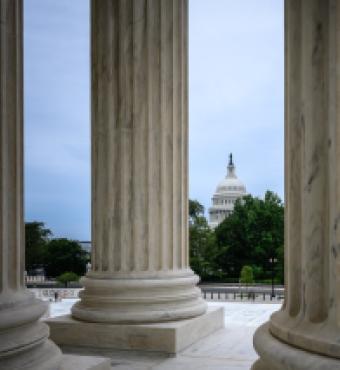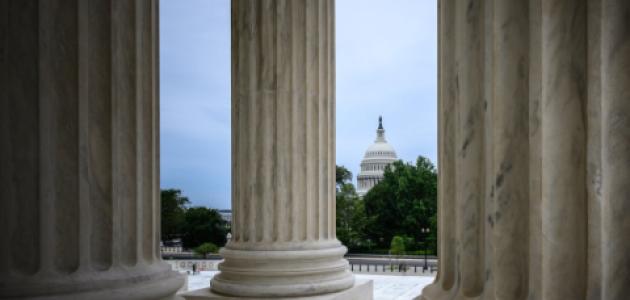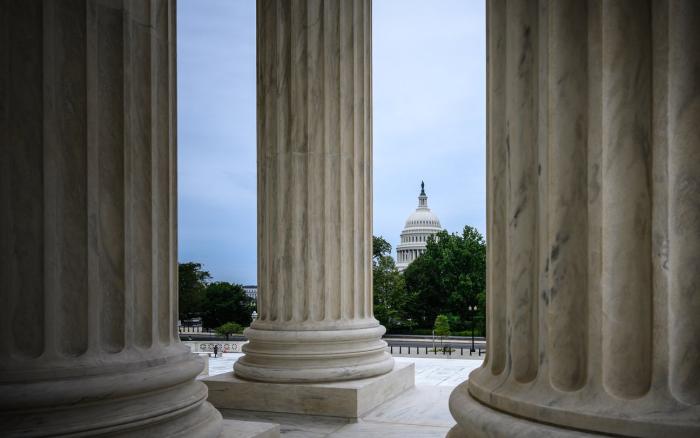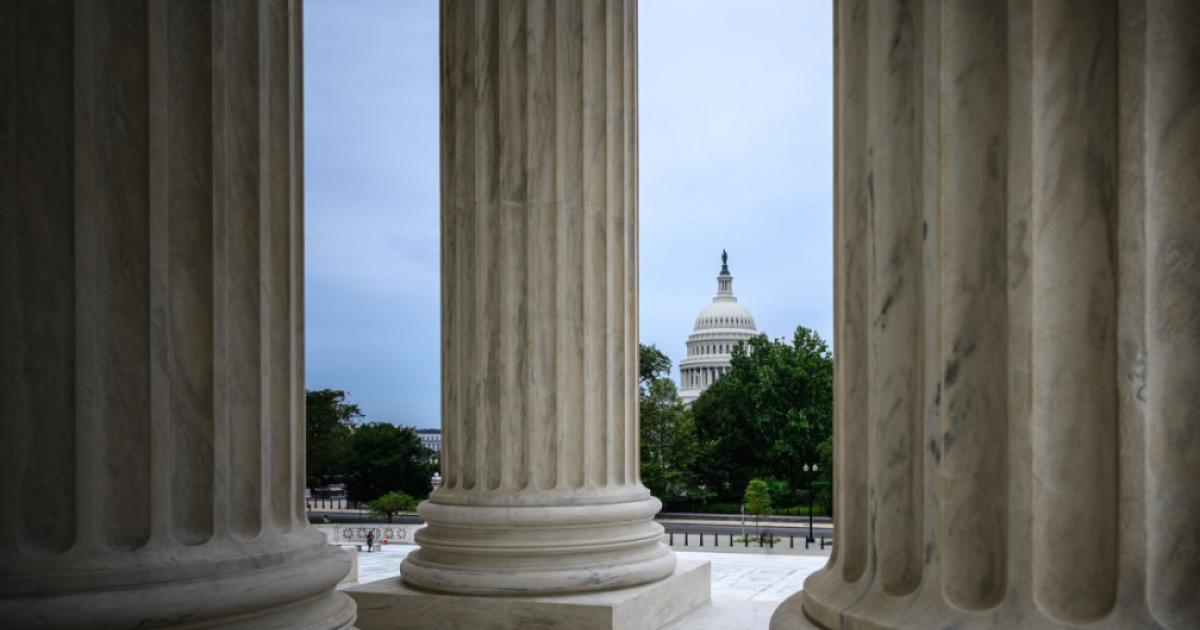- Middle East
- Revitalizing History
Tensions between the Biden administration and its traditional Gulf partners, the United Arab Emirates (UAE) and Saudi Arabia, have been brought to a head over shifting U.S. priorities and commitments to Gulf security. Over the course of three U.S. administrations, Washington has sought to prioritize geopolitical challenges with Russia and China, forcing a course correction on its investments in the Middle East. Gulf monarchies have long depended on U.S. security support to buffer against the threat of Iran’s aggressive and expansionist regional posture. In the wake of increased proxy attacks and the potential return to the Iran nuclear agreement (known as the JCPOA) they have felt that in the absence of U.S. support they would be increasingly vulnerable to Iranian pressure. As a consequence of the war in Ukraine, mounting Gulf grievances came to the surface when both states took a neutral position to Russian aggression, holding fast to their OPEC+ commitments and refusing Western requests to increase output. Differences have mounted on Washington’s side as well, and debate has increased over the value of a rapport with the Gulf states. The war presents an opportunity to reset expectations, invite political investment from all sides and chart a new course for U.S.-Gulf strategic cooperation.
The divide between Washington and the Gulf states is not new, but rather has been mounting since the Obama administration. Obama’s goal of pivoting U.S. resources to Asia as part of broader geopolitical competition with China caught the Gulf states off guard. President Trump and Biden have continued this policy focus, confirming a definitive shift in U.S. priorities. Indeed, the August 2021 U.S. withdrawal from Afghanistan despite a two-decade investment in the country has provided yet another reminder of the broader American intent.
During Obama’s tenure, the gap began to widen over inconsistent U.S. policy towards the 2011 Arab Uprisings. Gulf states were shocked by the U.S. abandonment of longtime ally, Egypt’s Hosni Mubarak, and they were further disappointed that Washington did not stand up to Bashar al Assad’s brutal use of chemical weapons in the Syrian war. The signing of the JCPOA nuclear agreement with Iran and the tolerance granted to Iran’s regional expansion supporting hybrid non state fighters in Syria, Iraq and Lebanon alongside U.S. calls to share the burden of regional security further strained ties across the Gulf.
Much to the relief of Abu Dhabi and Riyadh, the Trump administration refortified ties with the Middle East, making Riyadh his first foreign trip abroad. The UAE and Saudi Arabia championed Trump’s withdrawal from the JCPOA in May 2018 but were then disappointed when his administration did not come to the aid of the Gulf states after a spate of destabilizing shipping attacks and withheld support for Saudi Arabia after its Abqaiq and Khurais oil facilities were targeted by Iranian drone and cruise missiles in September 2019. In fact, the U.S. shifted away from the 1979 Carter doctrine commitments that had underpinned U.S.-Gulf security, without providing a clear definition of how the relationship would be redrawn. Ironically, despite this profound swing, Gulf monarchies continue to see Trump in a positive light.
President Biden has taken a more cautious approach that sought to elevate human rights issues, distancing himself from the policies of his predecessor. The focus on human rights and specifically the killing of Saudi journalist Jamal Khashoggi has ruffled the monarchy’s feathers to the point that Crown Prince Muhammad bin Salman (Mbs) who enjoys significant popular support even refused the president’s belated call in January 2022. More importantly, the UAE and Saudi Arabia have been perturbed by the Biden administration’s efforts to revive the Iran nuclear agreement without addressing regional issues. Seeking to avoid a repeat of the 2015 JCPOA, the Biden team has made an effort to regularly consult Gulf states, but in the absence of broader regional security discussions that would go beyond nuclear issues and address Iran’s support for proxy militias and transfer of lethal aid to these groups, these efforts have fallen short.
At the same time, under pressure from Congress, Biden has refused requests for offensive military sales to help the Saudi war effort in Yemen against the Iran backed Houthis, prioritizing instead ending the war as one of his key Middle East initiatives. The Houthis, with Tehran’s technical and military support, have continued to deploy drones and missiles over the Kingdom, also attacking Abu Dhabi in January 2022. Biden’s condemnation of the attacks and eventual return of patriot missile batteries to the Kingdom were seen as belated and inadequate responses that fell short of designating the Houthis a terror group. Early in his administration, in an effort to jump start peace building processes, Biden removed the Houthi terror designation. Officials have argued that redesignating the group would not only hurt confidence building initiatives underway but would also exacerbate the humanitarian and food crisis in the country. Taken together, the feeling of frustration is profound.
Another important driver has been the leadership changes in the Gulf and in Washington that have brought new politicians to the fore. Today, the absence of deeper personal ties between Gulf capitals and Washington contributes to conflict and misunderstandings. Moreover, the toxic political divide and shifts in U.S. politics remains a key dynamic that is not often truly understood in Gulf capitals.
In response to these shifting dynamics, Gulf monarchies have been broadening their aperture and diversifying their relations. Russia’s growing investment in the region primarily in Syria and through the OPEC+ output arrangements alongside China’s Belt and Road economic engagement have led to stronger economic and strategic ties. Notwithstanding the shifting regional order, Gulf monarchies are however also aware that neither Beijing nor Moscow has the capacity or interest in investing in regional security or directly protecting them against Tehran. The global focus on the war in Ukraine is further perpetuating regional insecurity, but despite the frustrations in Abu Dhabi and Riyadh both states are ultimately seeking greater U.S. support and using the opportunity of the war to redefine their relationship.
Both states have also pursued regional de-escalation. In a move to refortify the Gulf Cooperation Council, Gulf states ended their three- and half-year rift with Qatar in the January 2021 Al Ula agreement. More political investment is required to repair strained bilateral ties between Doha and Abu Dhabi and Manama, but this is seen as an important step forward in forging incremental security cooperation.
After a troubling period of tension, ties with Turkey have also improved with Prime Minister Erdogan visiting Abu Dhabi and Riyadh. Both states have also tactically deescalated tensions with Tehran. Abu Dhabi took that step at the high point of Iran’s maximum resistance strategy in June 2019, when it sought to stave off further instability through dialogue. Riyadh began direct negotiations in April 2022, but its multiple rounds of meetings have yet to yield any specific result. Neither Abu Dhabi nor Riyadh expects a profound shift in Tehran’s behavior, but in the absence of sufficient security infrastructure, this pattern of hedging provides short term protection from Iranian threats.
The UAE has also charted a new course through the Abraham Accords normalization with Israel. The Gulf state hoped that through normalization it would be seen as a rising regional influencer and its ties to Israel could increase its relevance for Washington. The UAE has also sought to diversify its defense posture by signing a large missile deal with South Korea and increasing cooperation with European suppliers as well.
What is ultimately needed is a broader redefinition of U.S.-Gulf security cooperation. Gulf states seek a NATO-like Article 5 guarantee from Washington, which is not likely to materialize. However, a more realistic and long-term option would focus on developing a defensive security framework with the U.S. The arrangement currently being discussed would create a security based bilateral and multilateral structure that would integrate Gulf military cooperation with U.S. Central Command to coordinate technical cooperation and intelligence sharing alongside air and naval defence. Efforts such as these have been discussed in the past, including under the Trump administration. They have however not materialized due to the unwillingness on the part of certain Gulf states to invest capacity and share technology with their GCC neighbours alongside their insistence on U.S. security protection. This current context presents an opportunity for balanced multilateral collaboration, capacity building and investment that would build Gulf resilience and forge greater security. As part of this package, Washington will ask Gulf states to limit their technological partnerships with China though. It will be important for the GCC to not only embrace this new offer, but also to think of the long-term defensive benefits.
Over time, should the political optics give way and progress on Israeli-Palestinian negotiations make headway, this initiative could include Israel through the normalization agreements as well as other Arab states such as Egypt and Jordan. A longer-term goal directed at creating a multilateral defensive security architecture could be in the cards, but this would require time to coordinate and develop. Above all, such a move would keep the U.S. engaged in protecting Gulf security, while also bolstering the defensive capacity of the Gulf.
The importance of multilateral partnerships and security cooperation is a key lesson of the war in Ukraine that should be applied to the Middle East. The tensions between Washington and the Gulf offer both sides an opportunity to repair and rebalance strained ties with the aim of addressing regional security challenges, boosting regional capacity, operational capability and multilateral cooperation. If implemented correctly, this would be a mutually beneficial outcome for both Washington and its Gulf partners. To get there, personal and institutional investment is needed to build a more durable collaborative regional security partnership.
Sanam Vakil is the deputy head of Chatham House’s Middle East and North Africa Programme.







